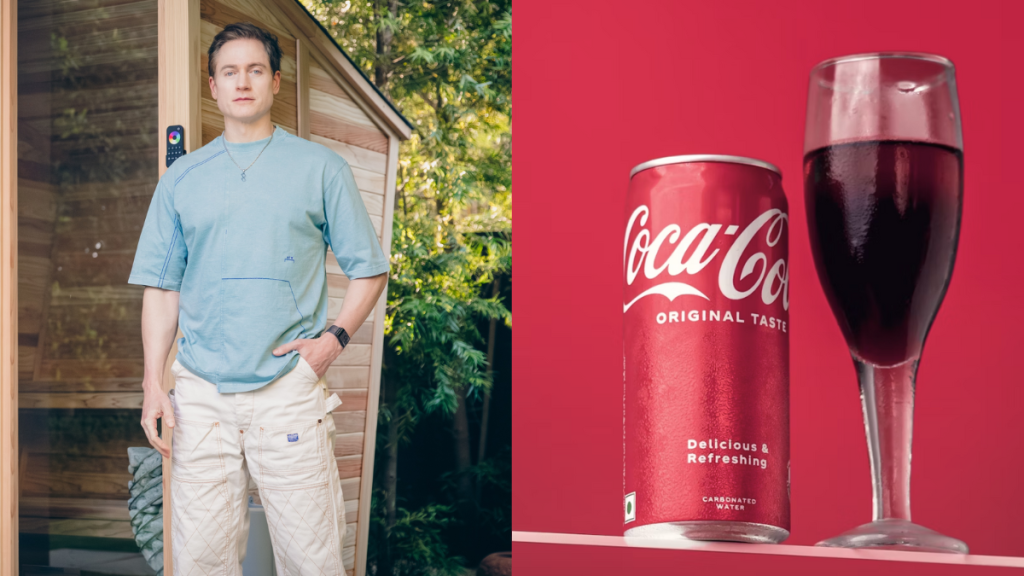Anti-ageing enthusiast Bryan Johnson shared a scenario from a party to highlight lifestyle choices and their implications on one’s health. He compared the risks of sipping wine versus Diet Coke, and left it to readers to decide which option they’d pick at a party or maybe avoid both.
‘Wine or Diet Coke?’
“You’re at a party. What’s worse… wine or Diet Coke?” Johnson wrote on X (formerly Twitter).
He further added, “Diet Coke contains artificial sweeteners like aspartame or sucralose, which may disrupt the gut microbiome and insulin sensitivity.”
Insulin sensitivity means how well your body’s cells respond to insulin, a hormone that helps regulate blood sugar by allowing glucose to enter cells for energy. It varies from person to person, and when it decreases, your body doesn’t respond well to insulin, causing blood sugar to remain high, which can contribute to metabolic problems like type 2 diabetes. However, the extent of long-term impact remains under study.
Johnson, who reversed his epigenetic age by 5.1 years through an anti-ageing regime, went on to say that wine has alcohol, which in turn is linked to causing cancer.
“Wine averages 12-14% alcohol. Alcohol is a Class 1 carcinogen (it can cause cancer in humans), the same category as asbestos and tobacco,” he claimed, before warning, “Even 1 drink a day raises the risk of breast, oesophageal, and colorectal cancer. Alcohol also shrinks brain volume over time.”
Alcohol reportedly comes in the same risk category as asbestos and tobacco and may cause cancer in human beings. It may also increase the risk of certain types of cancers. So, it is safe to say that no amount of alcohol is entirely “risk-free” and the effects are cumulative over time.
You’re at a party. What’s worse… wine or diet coke?
— Bryan Johnson (@bryan_johnson) August 15, 2025
Diet Coke contains artificial sweeteners like aspartame or sucralose, which may disrupt the gut microbiome and insulin sensitivity. Wine averages 12-14% alcohol.
Alcohol is a Class 1 carcinogen (it can cause cancer in…
‘Pick your poison question’: People respond to Bryan Johnson
His post quickly went viral on social media, with many asking what he would choose between the two, while others urged him to discuss the relative risk levels instead.
“So, what would you choose?” asked one social media user.
Another commented, “This is a ‘pick your poison’ question between two fundamentally different failure modes for the human machine.”
“Does one drink a day have the same effect as one drink in one or in three months? Most people don’t party daily, and only the younger people tend to party every week. With one drink a month, it probably doesn’t matter either way,” read a third comment on his post.
A fourth commented, “I think you are going to alienate (smart) people if you say things like ‘can cause cancer in humans’ without talking about the relative risk measurements, e.g without alcohol one in x chance, with alcohol one in y chance. I’m a massive fan, but I think the teetotalling part of your message is the number one thing that will slow its spread. I don’t think you should be advocating for alcohol either, but don’t be disingenuous about it.”

